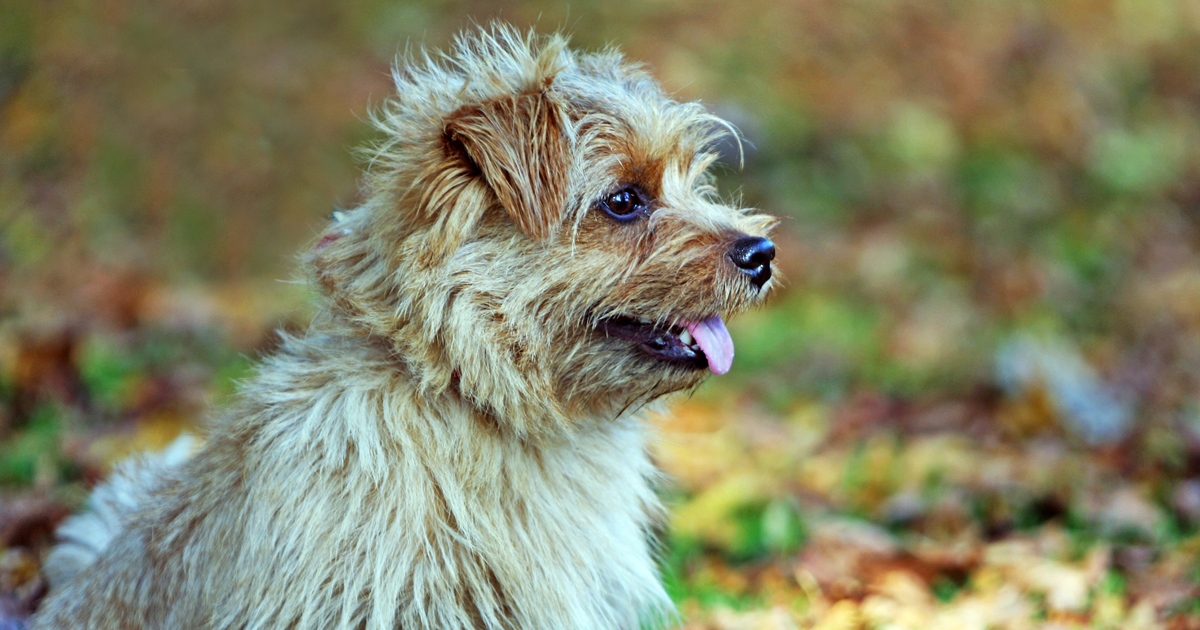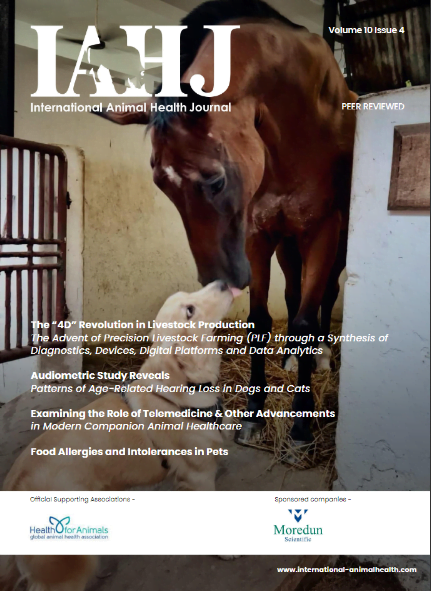A collaborative study attempted to identify genetic variations linked to respiratory disease symptoms seen in bulldogs and Norfolk terriers.

The discovery of a gene mutation associated with breathing difficulties in popular dog breeds has suggested “a new paradigm in the understanding of canine upper airway disease aetiology”.
The work – published in PLOS Genetics – throws new light on whether skull shape is the sole predisposing determinant of brachycephalic obstructive airway syndrome (BOAS) in dogs.
Scientists studied 401 Norwich terriers – a breed presenting with many of the same respiratory disease symptoms as the bulldog, though not considered to be a brachycephalic breed.
The collaborative study, led by The University of Edinburgh Royal (Dick) School of Veterinary Studies, attempted to identify genetic variations linked to these breathing problems that were unrelated to having a shortened skull.
Mutation
The team performed a genome-wide association study to find genes linked to upper airway syndrome (UAS). Its analysis pointed to a mutation in the ADAMTS3 gene. It discovered the same mutation is also found in some French and English bulldogs.
Previous studies have linked mutations in the ADAMTS3 gene to oedema, a common characteristic in the airways of Norwich terriers with UAS, and bulldogs with BOAS.











